RESEARCH
Transformative research on the African record of
human evolution.
HERI’s research and projects involve inclusive, transformative investigations into human origins in Africa. This work is done across disciplinary boundaries, including archaeology, geology, biology, isotope geochemistry, palaeoclimatology, palaeoecology and anthropology.
Below are some of our current project areas.
Forces shaping human evolution
Led by Rebecca Ackermann, this work uncovers the evolutionary processes underlying morphological change and diversification in the fossil record of human evolution. Specifically, this research utilises 3D morphometric and evolutionary quantitative genetic approaches to determine how gene flow, drift and selection interact to produce skeletal diversity through time. This also involves investigating animal models for hybridisation both in the field and laboratory. Researchers in the Ackermann lab also investigate recent human diversity, and issues around race and decolonisation.
Human behavioral evolution
This research is led by Jayne Wilkins and aims to answer the origins of human social learning, adaptation and sociality from a South African perspective. This involves analysis of stone tools left by our earliest ancestors and developing new methods for using them to address evolutionary questions. Work in this area includes analysis of stone tools, experimental archaeology and excavation. The work is closely aligned with the North of Kuruman Project, a multi-disciplinary investigation of hunter-gatherer adaptation in the southern Kalahari Basin in the Northern Cape.
Timeline for human evolution
The focus of this work is to answer where and when our early human ancestors evolved. Led by Robyn Pickering, this research involves uranium-series dating techniques applied to early human cave sites in the Cradle of Humankind in South Africa. It also involves understanding the depositional environment and hydrological significance of pedogenic carbonates or calcretes, which represent a a major and untapped resource of palaeoenvironmental information. These investigations are done in the first uranium-series laboratory in Africa, housed at UCT.
Field camp training
Under the Advancing Womxn initiative, HERI runs an annual field camp for black, female students in their second and third years of archaeology and geology studies. Held over a long weekend, the field camps prepare women for the field, addressing issues such as what to pack, how to prepare for the camp environment and how to deal with female-specific issues such as menstruation in the field. Equipment and resources are made available to women participating, and are led by HERI’s female cohort of PhD and postdoc students.
Decolonising our origin story
HERI aims to disrupt, transform and decolonise the story of human evolution as it is currently told in South Africa’s Iziko Museum. With support from the Advancing Womxn initiative, this work involves designing a new exhibition that focuses on the diversity of modern humans, as evidenced in skin colour, as a starting point to trace our history back to common origins in Africa. The goal is to spark public dialogue around human evolution and inspire the next generation of young female scientists.





